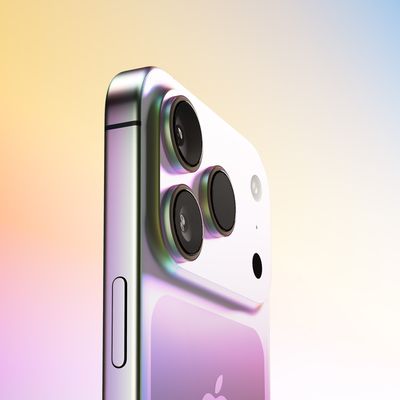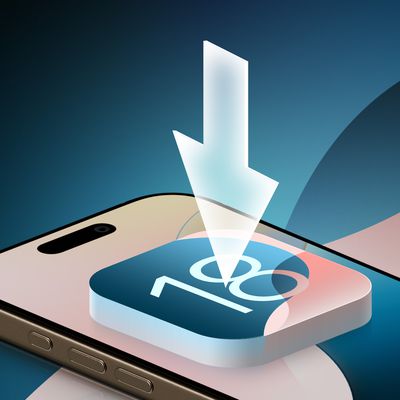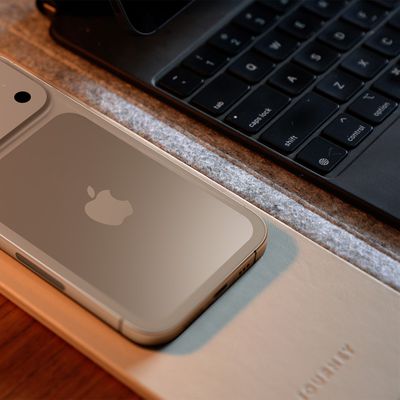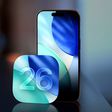Apple this month refreshed the security support document that provides iPhone, iPad, and Mac users with tips on how to recognize and avoid social engineering schemes like phishing messages and fake support calls.
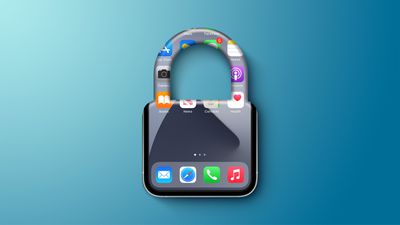
The updated information follows recent reports of "smishing" attacks targeting Apple IDs. Malicious actors have been sending out SMS text messages that attempt to get users to provide their Apple ID usernames and passwords on a fake iCloud website.
Apple's guidelines provide key information that all users should be aware of to protect themselves, such as a recommendation to ignore messages with suspicious links. Apple says that it will not ask for Apple ID passwords or verification codes, and users should contact Apple directly rather than answering a suspicious phone call or message claiming to be from Apple.
Further, Apple will not ask users to log into any website, to tap Accept in the two-factor authentication dialog, or to enter a two-factor code into a website. Apple will also not request that users disable features like two-factor authentication, Find My, or Stolen Device Protection. Apple's security tips:
- Never share personal data or security information like passwords or security codes, and never agree to enter them into a webpage that someone directs you to.
- Protect your Apple ID. Use two-factor authentication, always keep your contact information secure and up to date, and never share your Apple ID password or verification codes with anyone. Apple never asks for this information to provide support.
- Never use Apple Gift Cards to make payments to other people.
- Learn how to identify legitimate Apple emails about your App Store or iTunes Store purchases.
- Learn how to keep your Apple devices and data secure.
- Download software only from sources you can trust.
- Don't follow links or open or save attachments in suspicious or unsolicited messages.
- Don't answer suspicious phone calls or messages claiming to be from Apple. Instead, contact Apple directly through official support channels.
Scammers will go to great lengths to get personal information, so Apple recommends watching out for tricks like creating a sense of urgency through scare tactics like stolen personal information or unauthorized charges. Scammers are after login information and security codes, so that information should not be entered on a website accessed through a link in a text or an email.
Apple also warns against downloading unrecognized, unsafe software and configuration profiles and following instructions on pop-ups. Users who receive a pop-up should ignore the message and close the entire window or tab.
Apple has further instructions on how to spot social engineering schemes, the forms those schemes can take, and how to report suspicious emails, messages, and phone calls. There is a separate support document on what to expect from Apple Support and the kinds of information Apple will not request.



